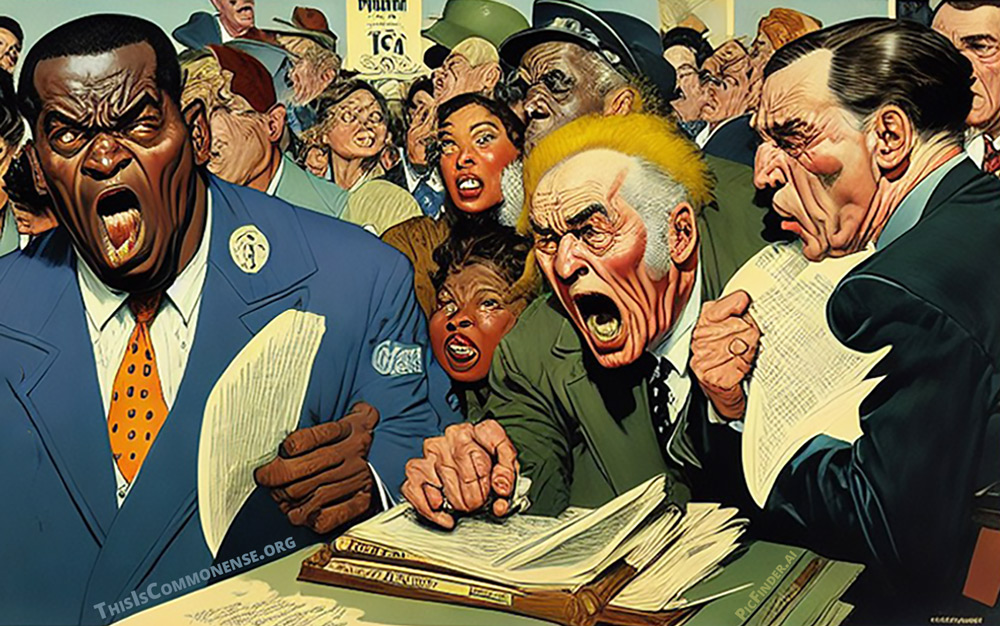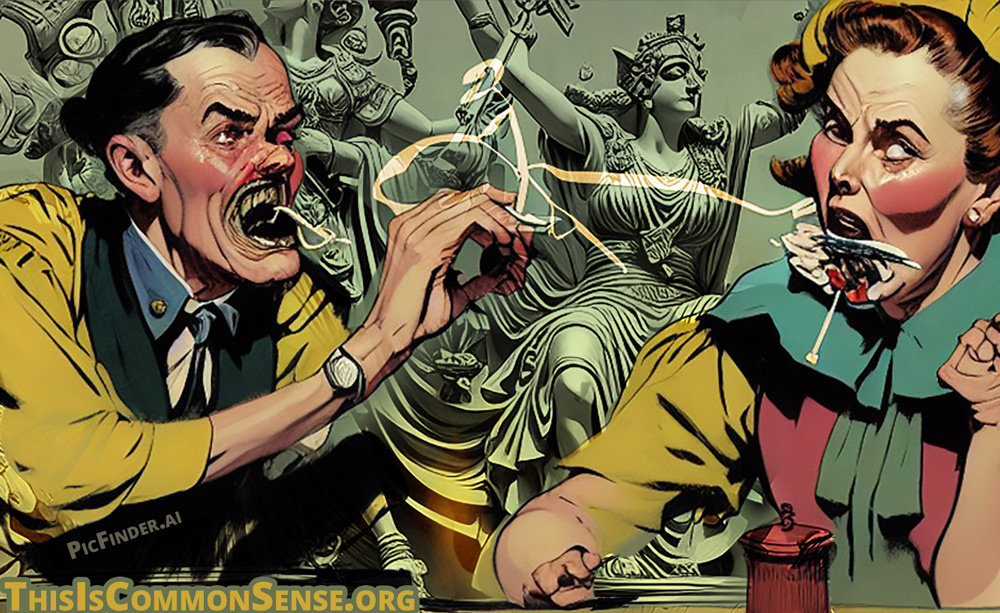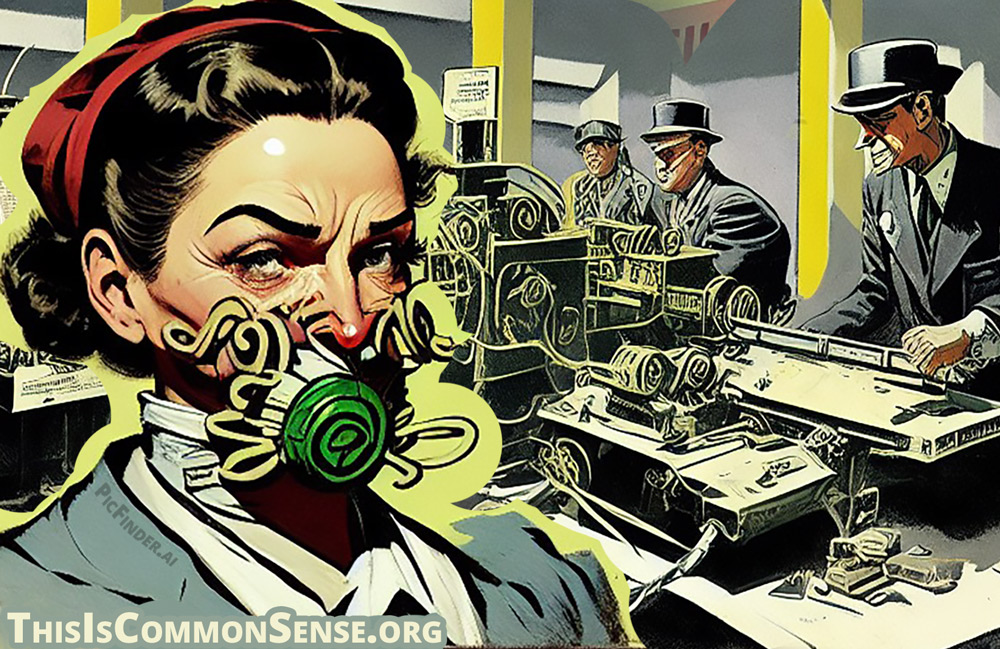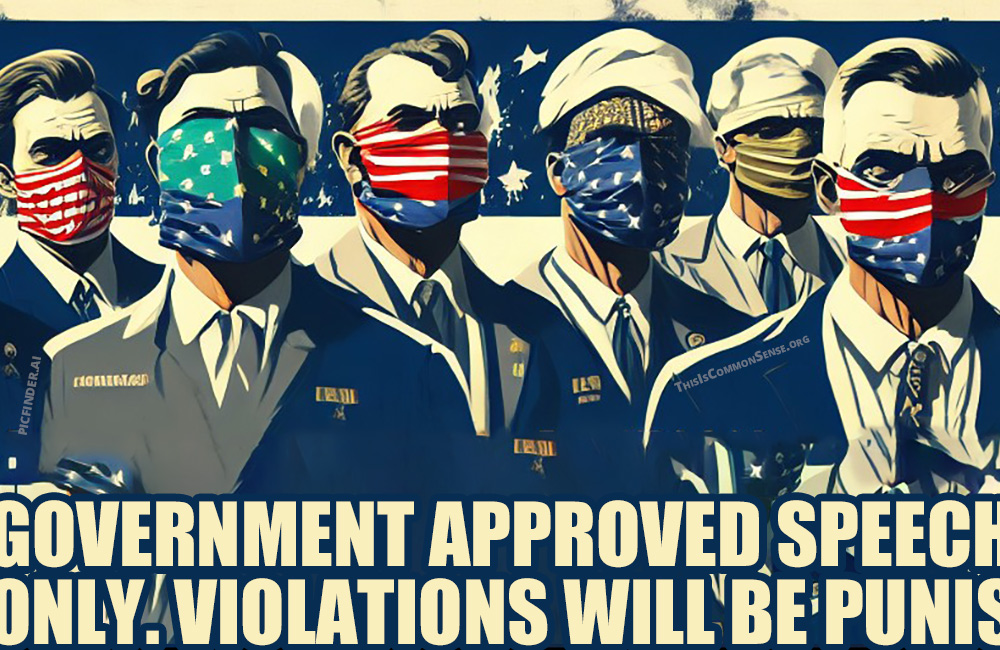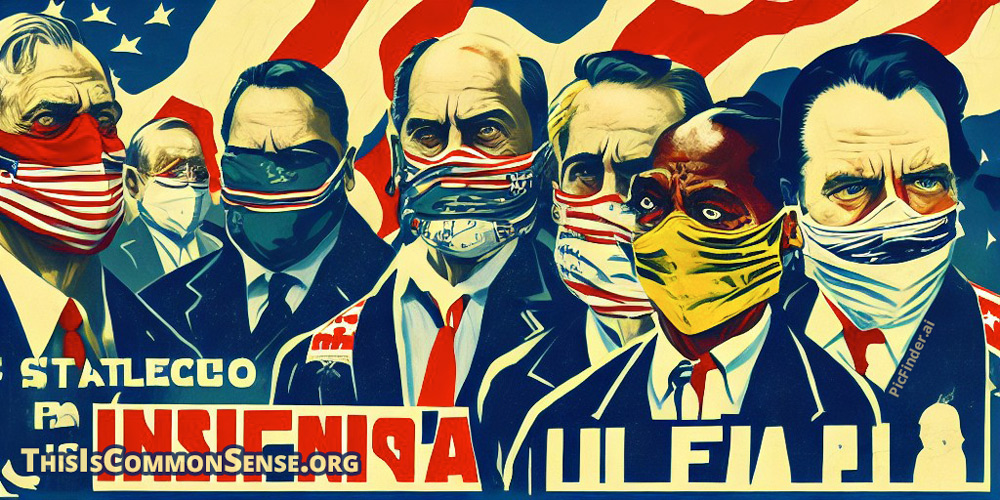This week, two examples of “woke” political correctness shot across my visual field.
First, there was another classic 20th century writer bowdlerized by publishers and copyright holders so as not to offend the easily offended: Dame Agatha Christie.
As Robby Soave wrote in Reason, the great mystery writer has had her texts altered before, in the form of the title to her 1939 novel, And Then There Were None, which was originally published as Ten Little Indians. No, that’s not right. It was something far more offensive in America — but in U.S., one edition did use the less-offensive Ten Little Indians.
But now interior content of a much more innocuous sort has been changed. “A character in The Mysterious Affair at Styles who was referred to as a Jew — because, well, he is a Jew — is now just a person,” Soave explains. “And a servant identified as black no longer has a race at all.”
Nicety-mongering went much further in the second case, however, after the shooting at a Christian school in Nashville, Tennessee. The young woman who murdered three students and three adults at the school, and was then herself shot dead, sported, online, the pronouns “he/him.” In between blaming Republicans and the talking heads of The Daily Wire for this trans-gendered person’s suicide-by-cop murder spree, some journalists couldn’t help but scold others for mis-gendering … him?
At least one report referred to the perpetrator (whose name I see no reason to publicize) as a “trans-woman,” though, in current lingo, she (“he”) was a “trans-man.”
It does get confusing — but as sad as it can get, there’s no mystery here.
This is Common Sense. I’m Paul Jacob.
Illustration created with PicFinder.ai
—
See all recent commentary
(simplified and organized)


